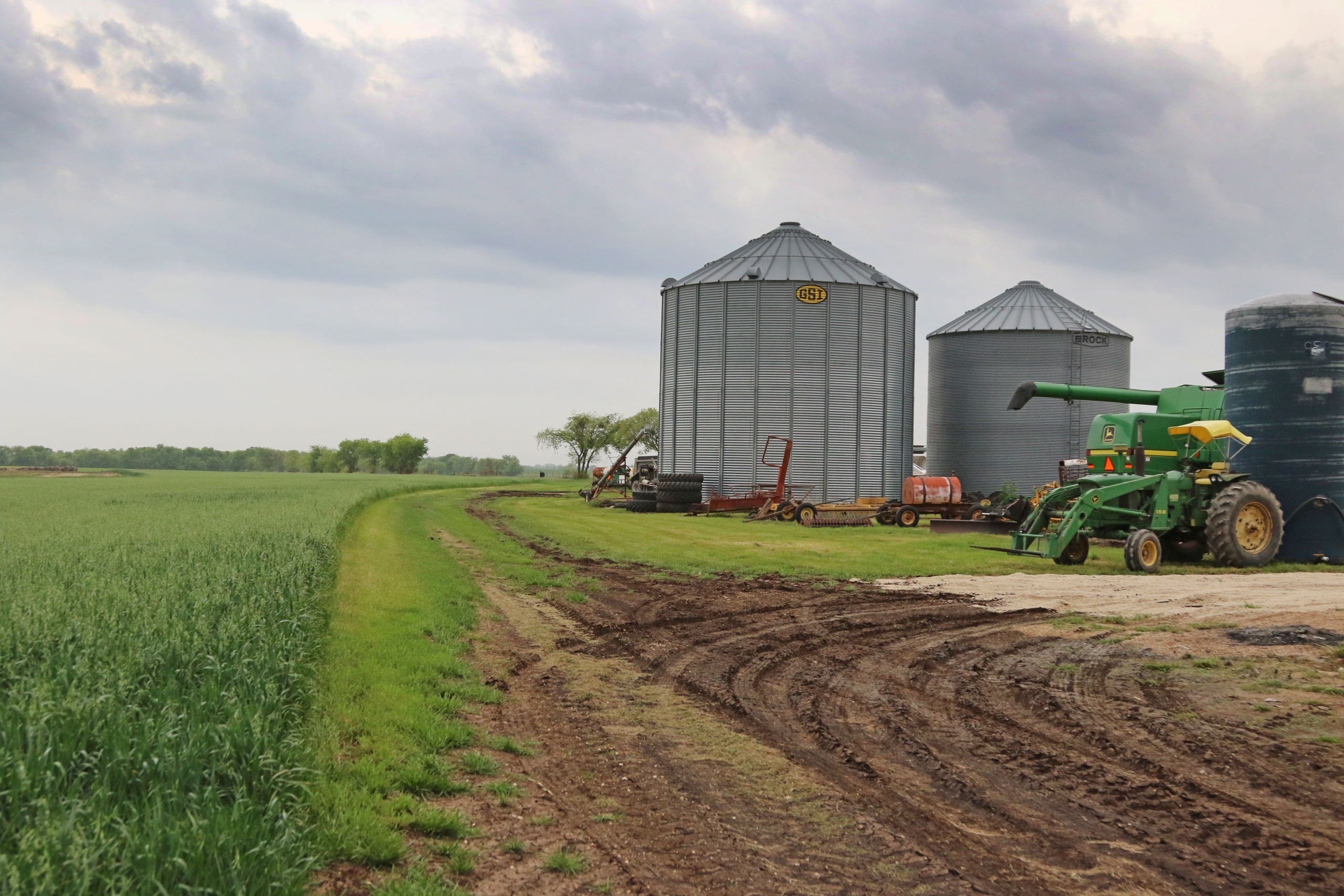By Jessica Domel
Multimedia Reporter
The budget package passed by Congress and signed by President Donald Trump in early July invests millions of dollars in improving the farm bill safety net, preventing animal diseases and making provisions from the 2017 Tax Cuts and Jobs Act permanent.
Texas Farm Bureau President Russell Boening called the passage of the One Big Beautiful Bill Act (OBBB Act) a major step forward for agriculture.
“The OBBB Act includes many critical provisions that strengthen the farm safety net, provide much-needed tax certainty and support the long-term viability of Texas farms and ranches,” Boening said. “These measures are essential as producers face rising input costs and a challenging economic landscape.”
The act invests $65.6 billion into the farm safety net. It sets higher reference prices under the farm bill’s Price Loss Coverage program, adjusts formulas for the Agriculture Risk Coverage program and enhances crop insurance.
“Modernizing important farm safety net programs and making permanent critical tax provisions could be the difference between staying in business or shutting down the family farm,” American Farm Bureau Federation (AFBF) President Zippy Duvall said.
The improvements to farm bill safety net programs are needed to reflect today’s agricultural economy.
“Prices being paid to farmers continue to fall, while expenses remain stubbornly high. The combination is taking a toll. America lost more than 141,000 farms in a five-year period, leading to more consolidation of family farms,” Duvall said. “Increases to reference prices, as well as investments in conservation, research and trade, are desperately needed, especially since it’s been seven years since passage of a new farm bill. Farmers will stand a better chance of enduring tough times so they can plant for another season.”
The nearly 1,000-page bill funds voluntary conservation programs for six years, including the Environmental Quality Incentives Program, the Conservation Stewardship Program and the Agricultural Conservation Easement Program.
The legislation makes adjustments to the Livestock Forage Disaster Program (LFDP) and the Livestock Indemnity Program (LIP).
LFDP now increases to two monthly payments, and producers may be eligible after four consecutive weeks of drought instead of eight.
The bill funds LIP indemnity payments at 100% of the market value for livestock losses due to predation and 75% of market value for livestock losses due to the weather. The program will now also cover the loss of unborn livestock due to a disaster.
Producers may also benefit from increased funding for animal disease prevention and livestock health.
“Funding for the (National Animal Health Laboratory Network), as well as funding for the National Animal Disease Preparedness and Response Program and National Animal Vaccine and Veterinary Countermeasures Bank, was substantially increased in the One Big Beautiful Bill,” U.S. Rep. Tracey Mann (R-KS) said in a recent House Ag Subcommittee hearing. “The One Big Beautiful Bill included $233 million per year for the three-legged-stool with $10 million per year directed towards the NAHLN, which is on top of existing discretionary federal spending.”
The Texas A&M Veterinary Medical Diagnostic Laboratory (TVMDL) is a charter member of NAHLN, which was created over two decades ago.
The bill also includes provisions from the Feral Swine Eradication Act to provide $105 million for the Feral Swine Eradication and Control Pilot Program.
“We applaud the administration’s leadership and our congressional allies who recognized the urgent needs of agriculture and delivered meaningful solutions,” Boening said. “We are especially grateful to the many members of the Texas delegation who stood with farm and ranch families and worked to ensure this bill puts farmers and ranchers first.”
The OBBB Act makes several expiring provisions from the 2017 Tax Cuts and Jobs Act permanent, including the increase in the death tax exemption to $15 million per individual, or $30 million per couple, adjusted for inflation.
It also makes the Section 199A Small Business tax deduction permanent. That allows small businesses, like family farms and ranches, to deduct 20% of the business income.
Farmers and ranchers may also be allowed to deduct the cost of eligible equipment expenses, up to $2.5 million.
The bill also makes investments in trade promotion, agricultural research, disaster assistance and other programs.
“It has investments in research, investments in animal health, including our large animal veterinarians and the three-legged stool when it comes to animal health,” U.S. Rep. Glenn “GT” Thompson, House Agriculture Committee Chairman, said.
The OBBB Act was signed by the president July 4.
Since the bill includes funding for many farm bill programs, Thompson said he looks forward to the House Ag Committee considering a slimmer farm bill this fall.
According to Agri-Pulse, Thompson predicts Farm Bill 2.0 will cost less than $8 billion.


Leave A Comment